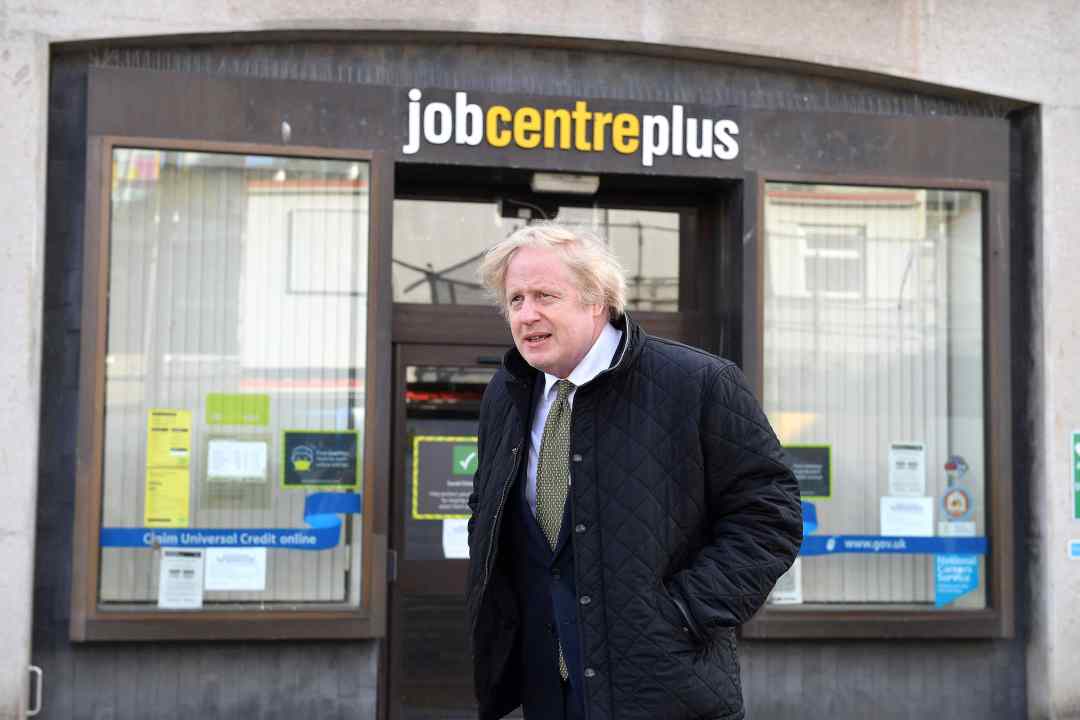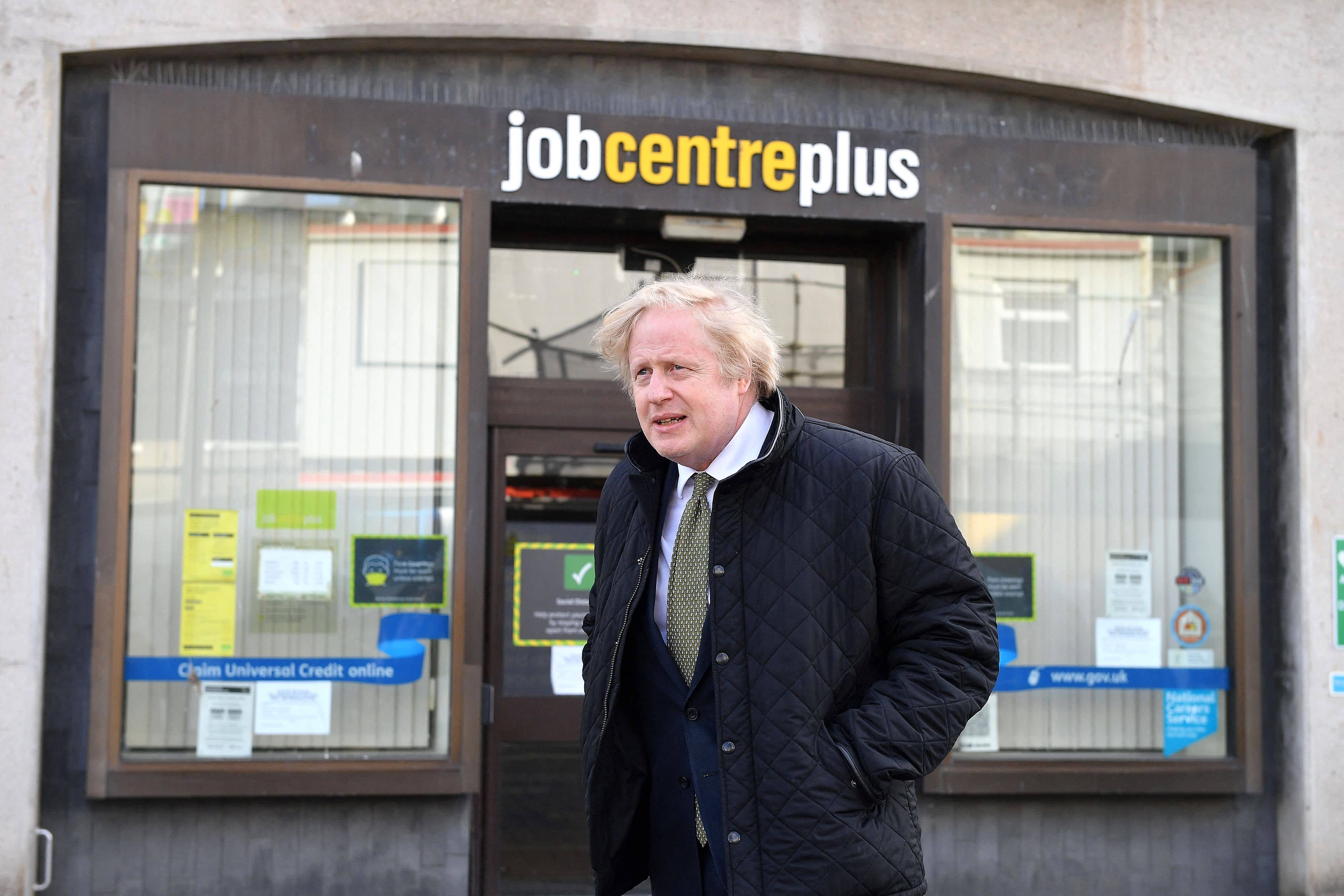Upheavals in welfare policy have historically followed major crises such as wars, civil unrest, recessions and pandemics – the Ministry of Health itself was established in 1919. The experience of the second world war led to the creation of the contemporary welfare state. If a course of action (a furlough scheme, say) is pursued in an emergency, we know it is possible. Keep the measure in place too long and it can swiftly become an accepted norm — and politically awkward to unwind.
But those expecting a post-Covid reboot of the welfare system might be disappointed. Shadow work and pensions secretary Jonathan Reynolds talked a good talk on overhauling universal credit yesterday, but his speech mainly focused on a lowering of the taper rate at which benefits are withdrawn as a person earns more money. It is currently set at 63 per cent, meaning that for every £1 earned above a claimant’s work allowance, 63p is deducted automatically from their monthly UC payment. This, the shadow minister argued, results in people on low incomes are effectively paying a marginal rate of tax higher than Boris Johnson.
Not only did Reynolds fail to put a figure on the proposed reduction, but there was scant indication that the party had attempted to estimate the price of this measure or its impact on labour supply. While having a less steep taper is attractive, it could cost £350 million for every percentage point reduction and it may not make much difference to hours worked or the numbers seeking work.
People on low incomes are effectively paying a marginal rate of tax higher than Boris Johnson
Reynolds also took the opportunity to reiterate calls — echoed by a growing number of politicians, charities and campaign groups — to cancel the universal credit ‘cut’. The uplift, announced in the March 2020 Budget, was designed to protect people who faced serious short-run disruption to living standards as they unexpectedly became unemployed or had working hours sharply reduced. Those on long-term UC did not face that problem, but they received the extra anyway.
This was thought to be reasonable at a time when it was assumed we would swiftly exit lockdown and return to normal. Much like furlough, however, it is no longer justified. Imagine if Covid had never struck: would any serious government hike a key benefit by £20 a week, adding as much as £7 billion to the annual welfare bill, in one go?
Although we can expect to have a conversation, as in the 1940s, over the shortcomings of our existing system, universal credit isn’t an inherently bad idea. It provides a safety net but doesn’t trap people in welfare. It has digitalised, streamlined and simplified benefits. Payments adjust and taper automatically if earnings change, meaning it does pay to work.
Yet its implementation has been plagued with controversies, its weaknesses laid bare by the pandemic. There is, for instance, a five-week delay before the first payment is made and subsequent payments are made on a four-week basis. Both are absurd in an era when money can be transferred at the click of a button and lead to serious hardship for people whose income and spending do not fit into a monthly cycle. Given the system is built around supplementing the incomes of those in employment and providing incentives to enter it, it has worked poorly for the self-employed or gig economy workers.
But this crisis has done more than expose the flaws of current welfare policy: it has also accelerated a shift towards the view that businesses should pay wages that allow people an appropriate lifestyle. The very idea, put forward by Reynolds, of ‘jobs you can raise a family on’ is a fallacy. Wages are paid based on what an individual can contribute in terms of productivity. If an individual’s skills are too limited, there needs to be an effort to boost them. If they are in the wrong location, perhaps they could be encouraged to move. Abolishing stamp duty would help: it not only gums up the housing market but decreases labour mobility, preventing people from moving to where they can be more productive, thereby commanding higher wages. But none of this will work if someone wants to be a part-time artist or writer or perpetual student.
Meanwhile, businesses are struggling to access the skills and talent they need to survive and scale. Demand for permanent workers is surging across all categories and all regions. On Sunday, ministers rejected industry calls to allow EU migrants to fill the gaping hole in the UK labour market for lorry drivers while accepting that more training courses are needed to increase the number of hauliers. Such pleas are bound to be repeated in the coming weeks and months.
Ultimately, a post-coronavirus shake-up of our welfare system may not be inevitable. More empty rhetoric, from politicians of all stripes, almost certainly is.







Comments